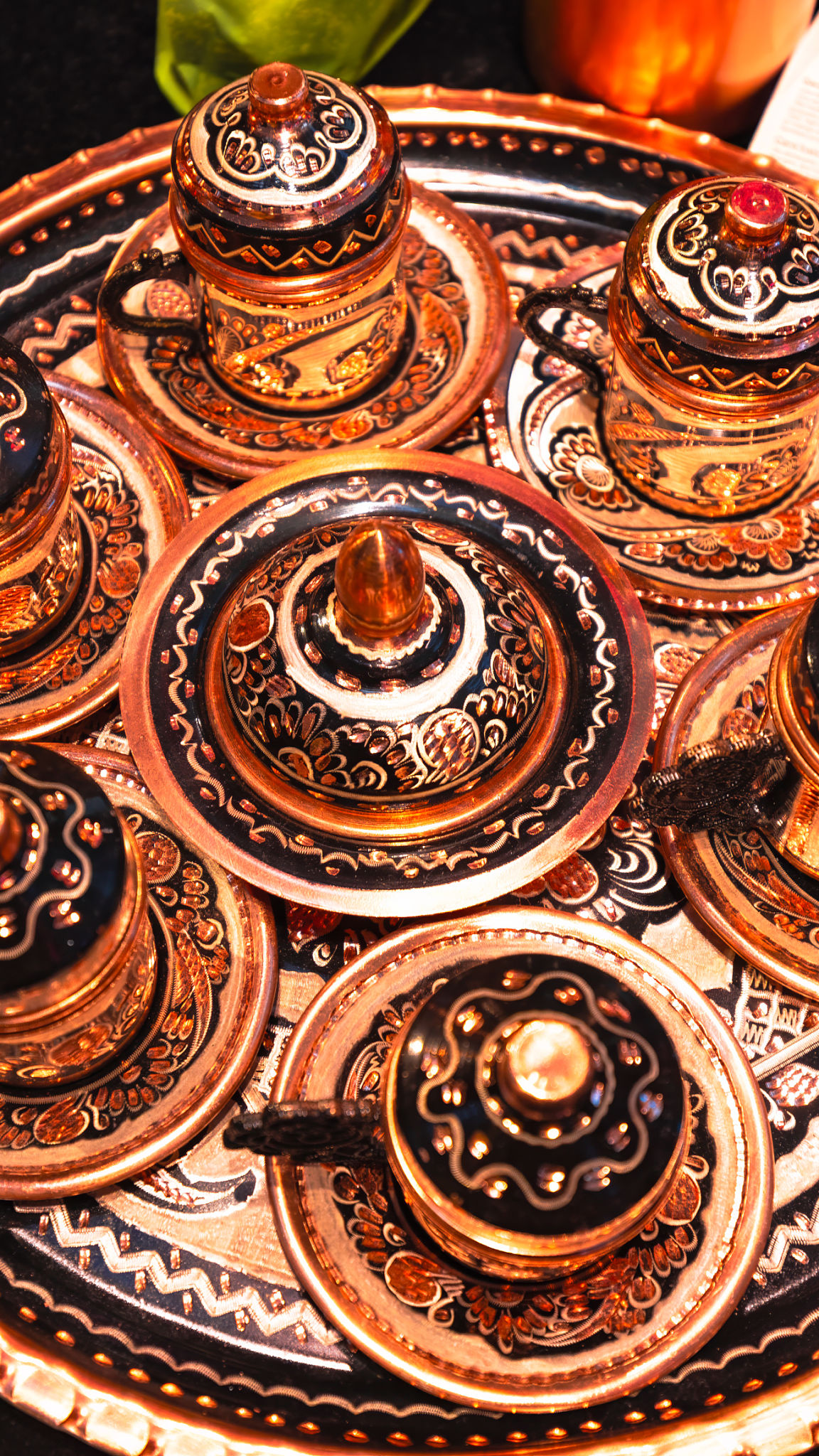FAQs About Halal Travel in Japan: What You Need to Know
Understanding Halal Travel in Japan
Japan, a country renowned for its rich culture and stunning landscapes, has increasingly become a popular destination for Muslim travelers. With the rise of halal tourism, Japan has made significant strides in accommodating Muslim visitors by offering halal-friendly services and facilities. However, planning a halal trip in Japan can still be daunting due to language barriers and cultural differences. In this blog post, we'll address some frequently asked questions to help make your travel experience smoother and more enjoyable.

What is Halal Travel?
Halal travel refers to the provision of services that cater to the needs of Muslim travelers. This includes access to halal food, prayer facilities, and accommodations that respect Islamic practices. Japan has been making efforts to become a halal-friendly destination by providing these services in major cities and tourist areas.
Access to Halal Food
Where Can I Find Halal Food in Japan?
Finding halal food in Japan is becoming easier, especially in major cities like Tokyo, Osaka, and Kyoto. Numerous restaurants now offer halal-certified options, and there are smartphone apps specifically designed to locate these establishments. Additionally, many convenience stores and supermarkets carry a range of halal products. Look for the halal certification logo on packaging to ensure compliance.

Are There Vegetarian or Seafood Options Available?
If halal-certified meals are not available, many travelers opt for vegetarian or seafood dishes, which are widely available across Japan. Sushi bars, tempura restaurants, and noodle shops often provide options that align with dietary restrictions. However, it is always advisable to confirm the ingredients with the staff to ensure no cross-contamination with non-halal items.
Prayer Facilities and Accommodations
Are There Prayer Facilities Available?
Japan is increasingly providing prayer facilities for Muslim travelers. Many airports now have prayer rooms, and some shopping malls and tourist attractions offer dedicated prayer spaces as well. Checking online resources or asking at tourist information centers can help locate these facilities during your visit.

How Can I Find Halal-Friendly Accommodations?
Many hotels in Japan are becoming more aware of the requirements of Muslim guests. Some offer prayer mats and Qibla directions in their rooms. Online platforms like Airbnb also list accommodations that are specifically tailored for Muslim travelers. It's beneficial to contact the hotel in advance to inquire about the services they offer.
Cultural Sensitivity and Etiquette
What Cultural Practices Should I Be Aware Of?
Japanese culture places a strong emphasis on respect and politeness. When visiting religious sites such as temples or shrines, it's important to dress modestly and behave respectfully. Additionally, learning a few basic Japanese phrases can go a long way in enhancing your travel experience and showing respect for the local culture.
In conclusion, while traveling in Japan as a Muslim may come with its challenges, the country's increasing efforts to cater to halal tourism make it an exciting and welcoming destination. With a little planning and research, you can enjoy a memorable trip that respects your cultural and religious needs.
